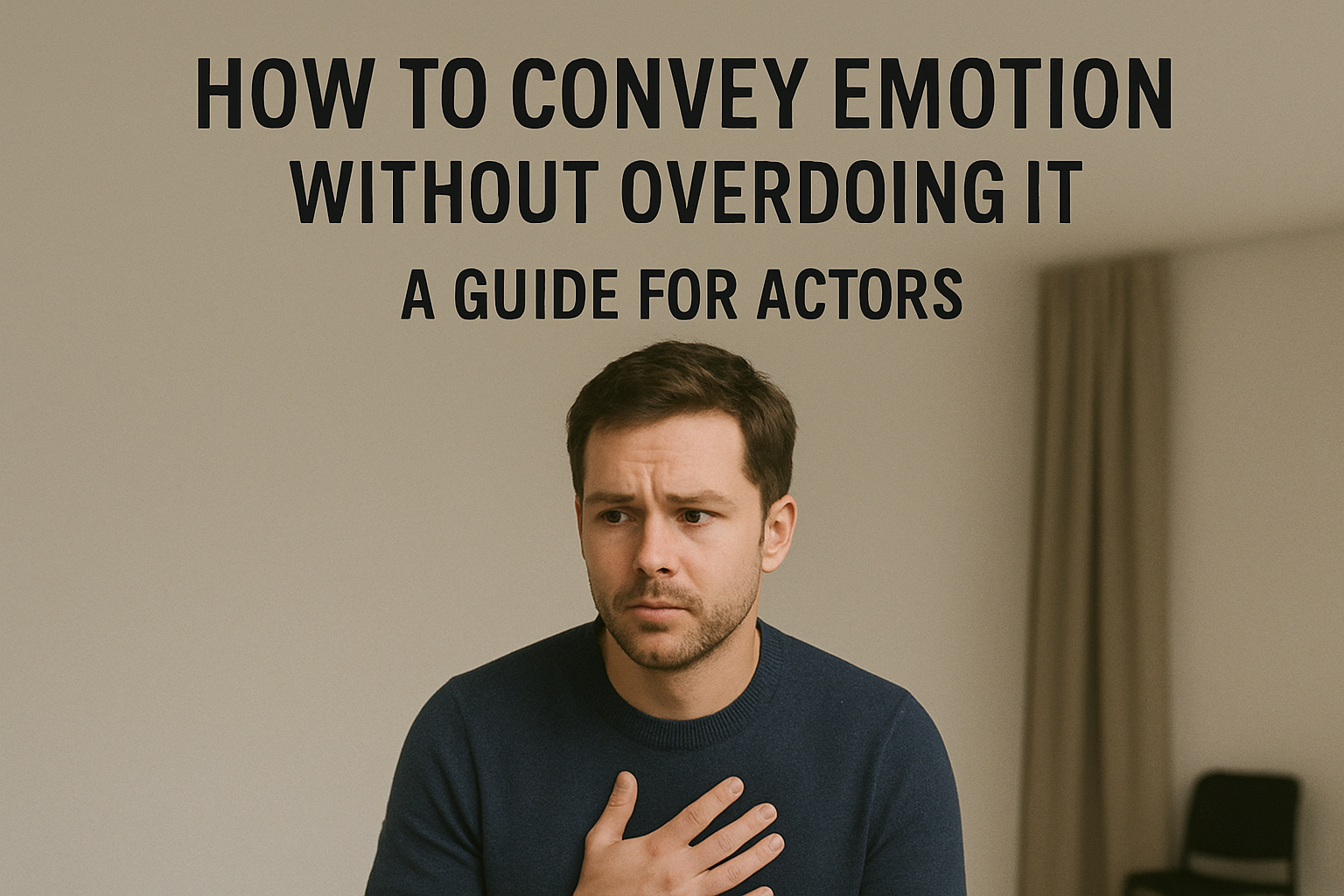
In Hindi cinema, actors don’t just play roles—they bring emotions to life. A single expression can speak volumes, a pause can break hearts, and a dialogue can become eternal. From the selfless love of a mother to the intensity of a wronged hero, acting in Indian films is larger than life, yet deeply personal.
An actor in Indian cinema is more than a performer—they are dream-weavers, storytellers, and sometimes, revolutionaries. Whether it’s Dilip Kumar’s soulful eyes, Amitabh Bachchan’s thunderous voice, Shah Rukh Khan’s romantic charm, or Ranbir Kapoor’s restless vulnerability—each generation of actors has redefined what it means to feel on screen.
Today, with the rise of OTT platforms and indie films, a new wave of actors is shining. Artists like Pankaj Tripathi, Shefali Shah, and Jaideep Ahlawat prove that powerful acting isn’t about glamour—it’s about truth.
In Indian cinema, acting is not just entertainment. It’s emotion. It’s connection. It’s a mirror to our society, our dreams, and our heartbreaks. A great performance lingers—long after the credits roll.
Because in the world of Hindi films, an actor doesn’t just act—they make you believe.
Among the tough battles actors face is how to find the most appropriate balance between emotion display and overacting, either on stage, on camera, or when going for auditions. Many performers fear that without adequate emotions, the moment will fall flat. On the other hand, if emotions are overt, the performance may become exaggerated or not true to life.
The entertainment sector is witnessing a huge shift, and the epicenter of this revolution is digital media. Those days are long gone when acting careers were reserved for silver-screen movies or television. Now, web series and digital media such as Netflix, Amazon Prime, Hotstar, YouTube, and MX Player have opened up the floodgates of opportunities for thespians. But what does it actually mean to be an actor in the digital age? Is it all that different from acting in the past? And why do web series prove so engaging as a platform for new and established performers?
Getting into acting is hard — but succeeding as a freelance actor might be harder. Without the support of a large agency, production company, or manager, you're basically a sole proprietorship. You're the product, the marketer, the promoter, and the brand. So how do you become visible? How do you promote yourself as a freelance actor among so many talented individuals? Whether you're new to the game or wanting to level up, this guide will take you through essential strategies to create visibility, bring in opportunities, and establish yourself as a player in the cutthroat industry of freelance acting.
Acting may be an art, but in the world of professional performance, it begins long before the cameras roll or the stage lights shine. It begins with the audition — the often nerve-wracking, unpredictable process that determines whether an actor even gets the chance to perform. For aspiring actors, understanding the relationship between auditioning and acting is not just important — it's essential. One feeds into the other, and together, they shape an actor’s growth, resilience, and ultimate success.
Lights Camera Audition!
Don't miss out on the latest updates, audition calls, and exclusive tips to elevate your talent. Subscribe to our newsletter and stay inspired on your journey to success!







